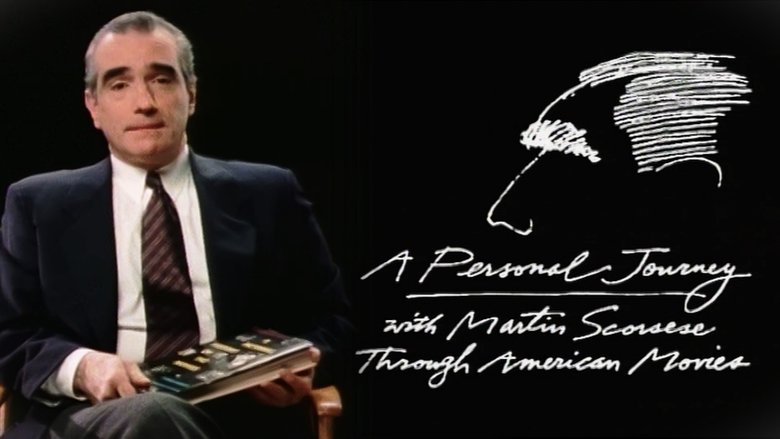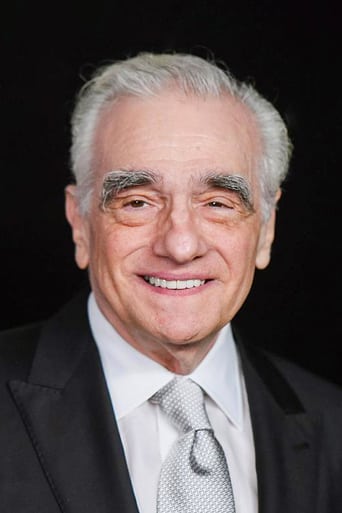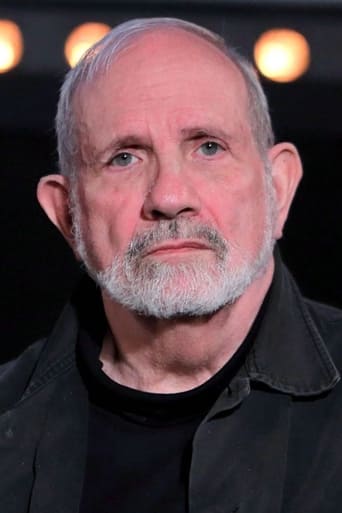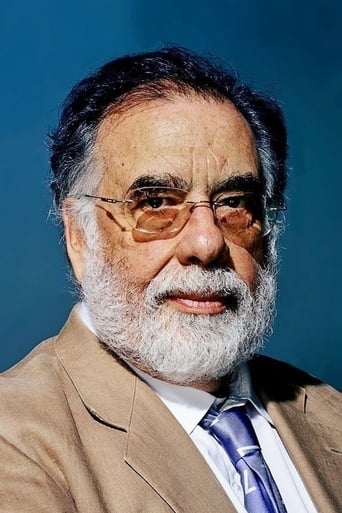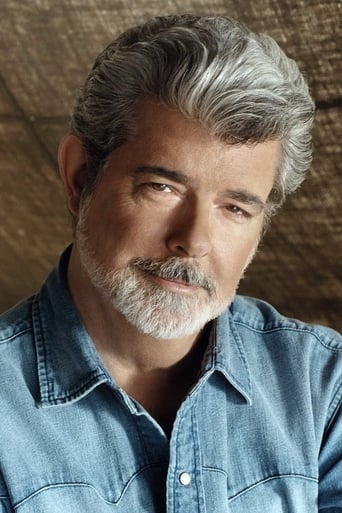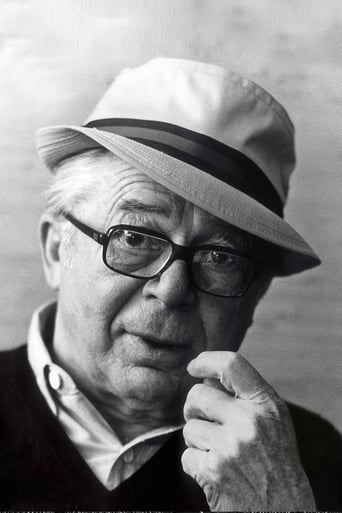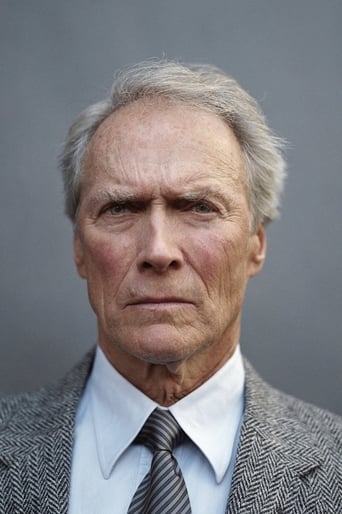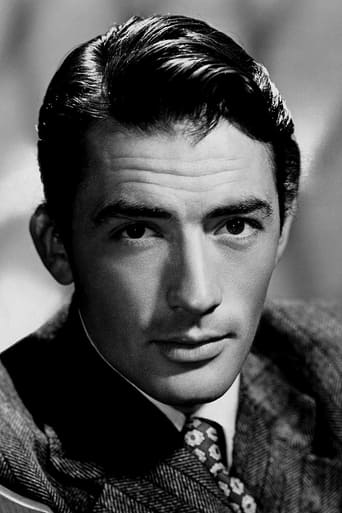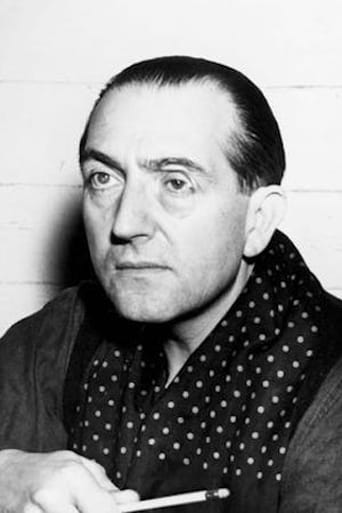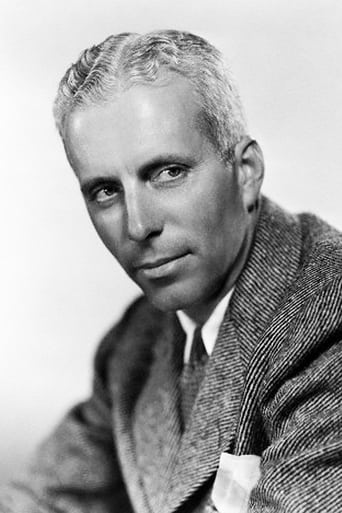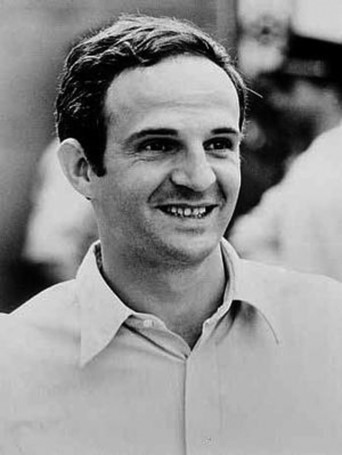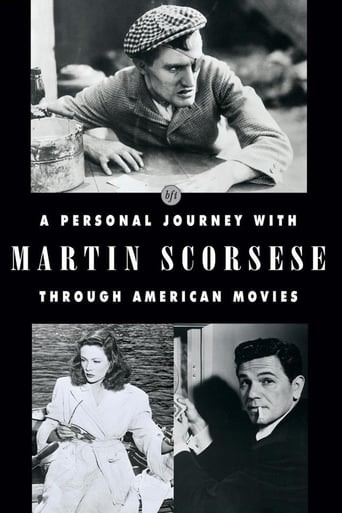
A Personal Journey with Martin Scorsese Through American Movies
May. 21,1995Martin Scorsese celebrates American movies from the silent classics to the Hollywood of the seventies.
Similar titles
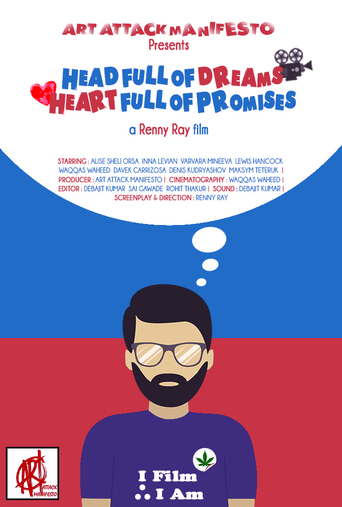

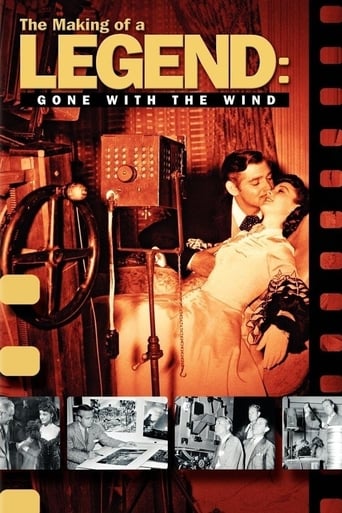
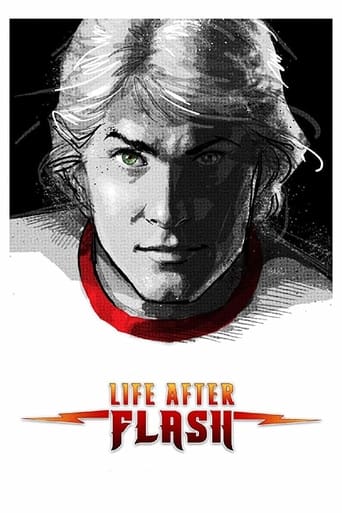
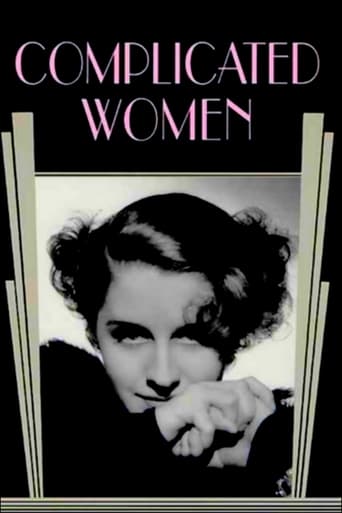
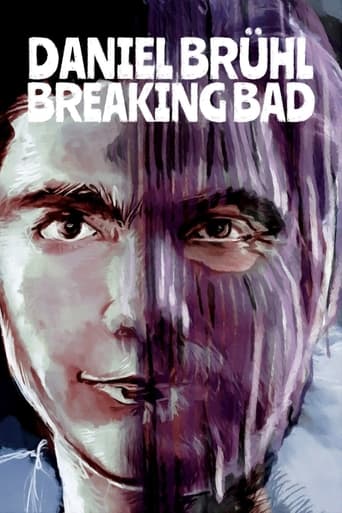
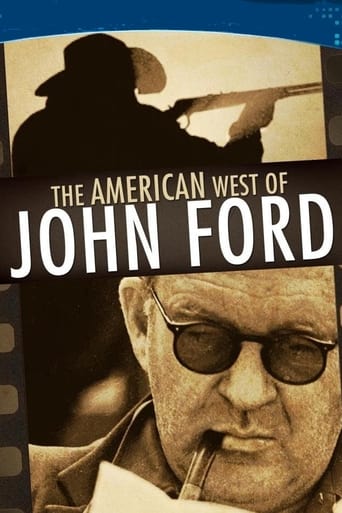
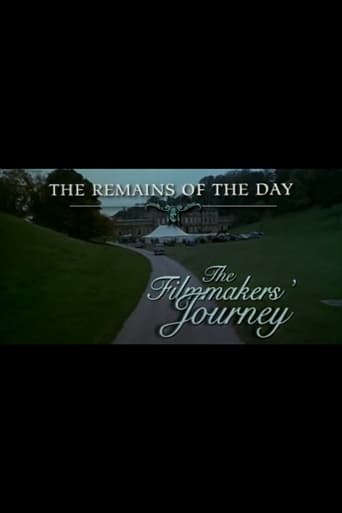
Reviews
Don't Believe the Hype
In truth, there is barely enough story here to make a film.
The film creates a perfect balance between action and depth of basic needs, in the midst of an infertile atmosphere.
The thing I enjoyed most about the film is the fact that it doesn't shy away from being a super-sized-cliche;
Prolific and highly influential filmmaker Martin Scorsese examines a selection of his favorite American films grouped according to three different types of directors: the director as an illusionist: D.W. Griffith or F. W. Murnau, who created new editing techniques among other changes that made the appearance of sound and color later step forward; the director as a smuggler: filmmakers such as Douglas Sirk, Samuel Fuller, and mostly Vincente Minnelli, directors who used to disguise rebellious messages in their films; and the director as iconoclast: those filmmakers attacking civil observations and social hang-ups like Orson Welles, Erich von Stroheim, Charles Chaplin, Nicholas Ray, Stanley Kubrick, and Arthur Penn.He shows us how the old studio system in Hollywood was, though oppressive, the way in which film directors found themselves progressing the medium because of how they were bound by political and financial limitations. During his clips from the movies he shows us, we not only discover films we've never seen before that pique our interest but we also are made to see what he sees. He evaluate his stylistic sensibilities along with the directors of the sequences themselves.The idea of a film canon has been reputed as snobbish, hence some movie fans and critics favor to just make "lists." However, canon merely denotes "the best" and supporters of film canon argue that it is a valuable activity to identify and experience a select compilation of the "best" films, a lot like a greatest hits tape, if just as a beginning direction for film students. All in all, one's experience has shown that all writing about film, including reviews, function to construct a film canon. Some film canons can definitely be elitist, but others can be "populist." As an example, the Internet Movie Database's Top 250 Movies list includes many films included on several "elitist" film canons but also features recent Hollywood blockbusters at which many film "elitists" scoff, like The Dark Knight, which presently mingles in the top ten amidst the first two Godfather films, Schindler's List and One Flew Over the Cuckoo's Nest, and the fluctuation of similar productions further down such as Iron Man, Sin City, Die Hard, The Terminator and Kill Bill: Vol. 2. Writer Scorsese's Taxi Driver Paul Schrader has straightforwardly referred to his canon as "elitist" and contends that this is positive.Scorsese is never particularly vocal at all about his social and political ideologies, but when we see this intense and admittedly obsessive history lesson on the birth and growth of American cinema in both ideological realms, we see that there is really no particular virtue in either elitism or populism. Elitism concentrates all attention, recognition and thus power on those deemed outstanding. That discrimination could easily lead to self-indulgence much in the vein of the condescending work of Jean-Luc Godard or the overrationalization of the production practices of a filmmaker like Michael Haneke. Yet populism invokes a belief of representative freedom as being only the assertion of the people's will. As has been previously asserted about the all-encompassing misconceptions the people have about cinema, populism could be the end of the potential power and impact of cinema. One can only continue seeing films, because it is a vital social and metaphysical practice. And that's what Martin Scorsese spends nearly four hours here trying to tell us, something which can't be told without being seen first-hand.
As a "rebuttle" of sorts to the AFI's top 100 films, the British Film Institute worked out a documentary with Martin Scorsese.Now. I am a huge film fan and pride myself on having seen many, many films. But, I am nowheres in comparrison with my idol. In this fantastic (though long) documentary, Scorsese walks the viewer through several stages of the American History on film. This is divided in to several sections including the Western, the Gangster film and the Noir. Full of bouncy enthusiasm, Martin Scorsese is a great tour guide as well as a fantastic professor.
I would never have thought I would almost cry viewing one minute excerpted from a 1920 black and white movie without sound. Thanks to Martin Scorsese I did (the movie was from F. Borzage). You will start to understand (if it's not already the case), what makes a good movie.
There's a mystical air you get when Martin Scorsese's talking about movies, his passion, especially if it's a shared passion with the viewer. The second his mouth opens you start to slowly realize, he knows what he's talking about. What a tremendous opportunity to listen to such a brilliant director discuss his inspirations. It was especially magical to watch over and over this three part documentary set for that reason. It's a wonderful gift to be able to find out what your inspiration is inspired by. I especially enjoyed listening to Scorsese directly credit films that effected the way he made some of his films. HIGHLY recommended to any movie buff with the balls to learn something new from a fantastic teacher.
Top Streaming Movies











